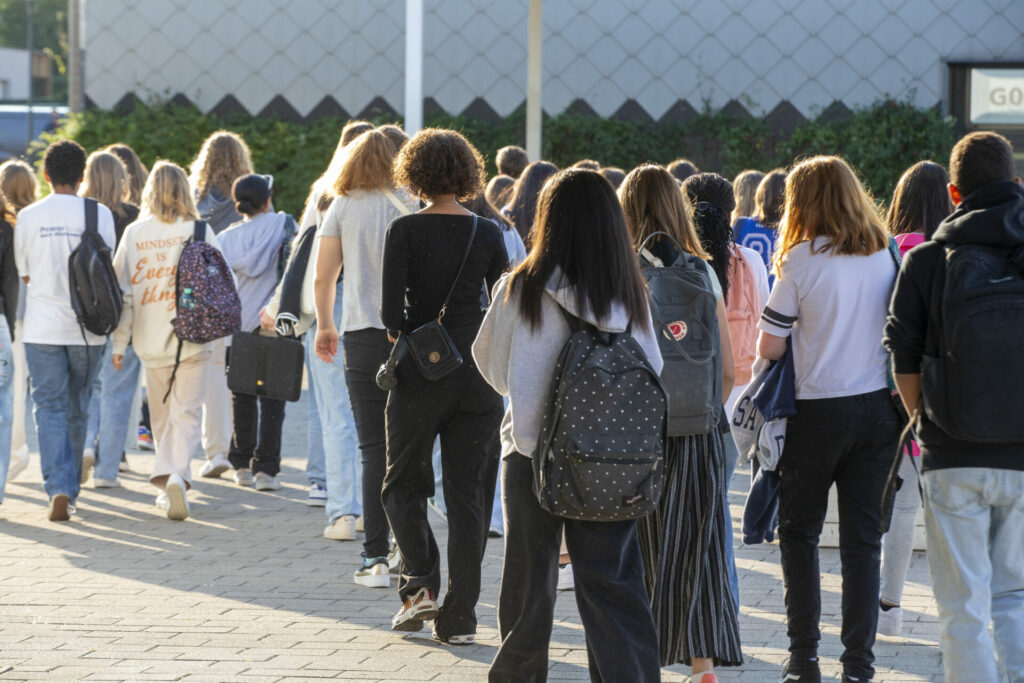A recent international assessment of pupils showed that performance levels in Flanders have fallen much faster than in almost all other countries. However, an in-depth analysis shows that pupils with migrant backgrounds are performing better than before.
The OECD Programme for International Student Assessment (PISA) at the start of this month showed that in Dutch-language education, traditionally at the top of the league, there was an unprecedented drop in performance, mirroring the results of other recent studies. No such drop was recorded since the first survey in 2003.
The long-term levels for literacy, science and maths of young people in Dutch-language education fell more dramatically than in other countries. The results sparked harsh criticism of the current education policies. Flemish Education Minister Ben Weyts was quick to point the finger at pupils with a migration background (18% of the Flemish sample compared to the OECD average of 13%).
"Young people with migration backgrounds do worse than native-born students, even when considering socio-economic factors," Weyts said. In Flanders, the average score of "native-born" pupils is 13% to 15% better depending on the domain. The region belongs to the group of countries with the largest difference between the two groups. "In countries with selective migration policies, there is no such gap."
However, an in-depth analysis by De Tijd has demonstrated that pupils with migration backgrounds are improving in PISA tests, while 15-year-olds with Belgian parents are doing worse. This deviates from the trend in Belgium's neighbouring countries.
Overtaking 'native' pupils
While there is still a clear gap between students with and without a migration background in terms of maths, science and reading scores, the achievement gap has narrowed considerably in ten years. For maths, students without migration roots declined on average by 29 points, over 5%, while their peers gained an average of nine points.
The trends for science are similar, especially second-generation students (born in Belgium) and girls with migrant backgrounds, who are performing increasingly better. The decline in reading skills is also much smaller for students with migration backgrounds.
In the Netherlands and Germany, however, pupils with migration backgrounds not only deteriorated in the three tested domains, but the gap between their performance and that of "native" pupils increased.
"It does not surprise me that children with migration roots improve for certain domains," education expert Dirk Van Damme told De Tijd. In the UK, the PISA tests even showed that, for maths, British youngsters with migrant parents have caught up with their native peers.
Related News
- Racial discrimination on the rise in Brussels and Flemish education systems
- Belgian education under fire after 'bombshell' school performance levels
- 'Ship is sinking': School performance levels of Belgian pupils slipping dramatically
Van Damme explained that the motivation of pupils with migration backgrounds and their parents may be different. "Some of the migrant families have risen to the middle class in recent years and they want to maintain that position. Education is seen as the main avenue for that."
As Weyts pointed out, performance improves significantly when they speak Dutch at home, but the socio-economic status of pupils still weighs more heavily than the language they speak at home. Worryingly, this also played a greater role in educational performance in Flanders than in other countries.

